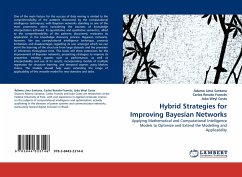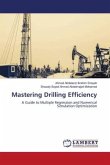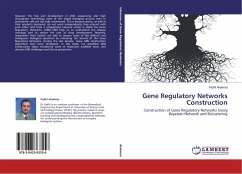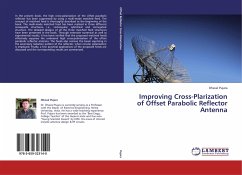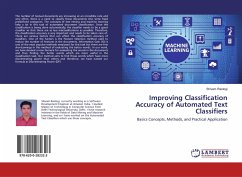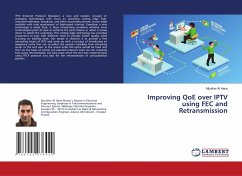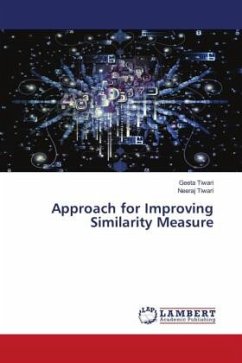One of the main factors for the success of data mining is related to the comprehensibility of the patterns discovered by the computational intelligence techniques; with Bayesian networks standing as one of the most prominent, when considering the easiness of knowledge interpretation achieved. Its quantitative and qualitative semantics, allied to the comprehensibility of the patterns discovered, motivates its application in the knowledge discovery process. Bayesian networks, however, like any computational intelligence technique, presents limitations and disadvantages regarding its use; amongst which we can point the learning of the structure from large datasets and the provision of inferences throughout time. This book will show extensions for the improvement of Bayesian networks, presenting strategies to improve its properties, treating aspects such as performance, as well as interpretability and use of its results; incorporating models of multiple regression for structure learning, and temporal aspects using Markov chains. The models should help users extending the range of applicability of this versatile model for new domains and tasks.
Bitte wählen Sie Ihr Anliegen aus.
Rechnungen
Retourenschein anfordern
Bestellstatus
Storno

